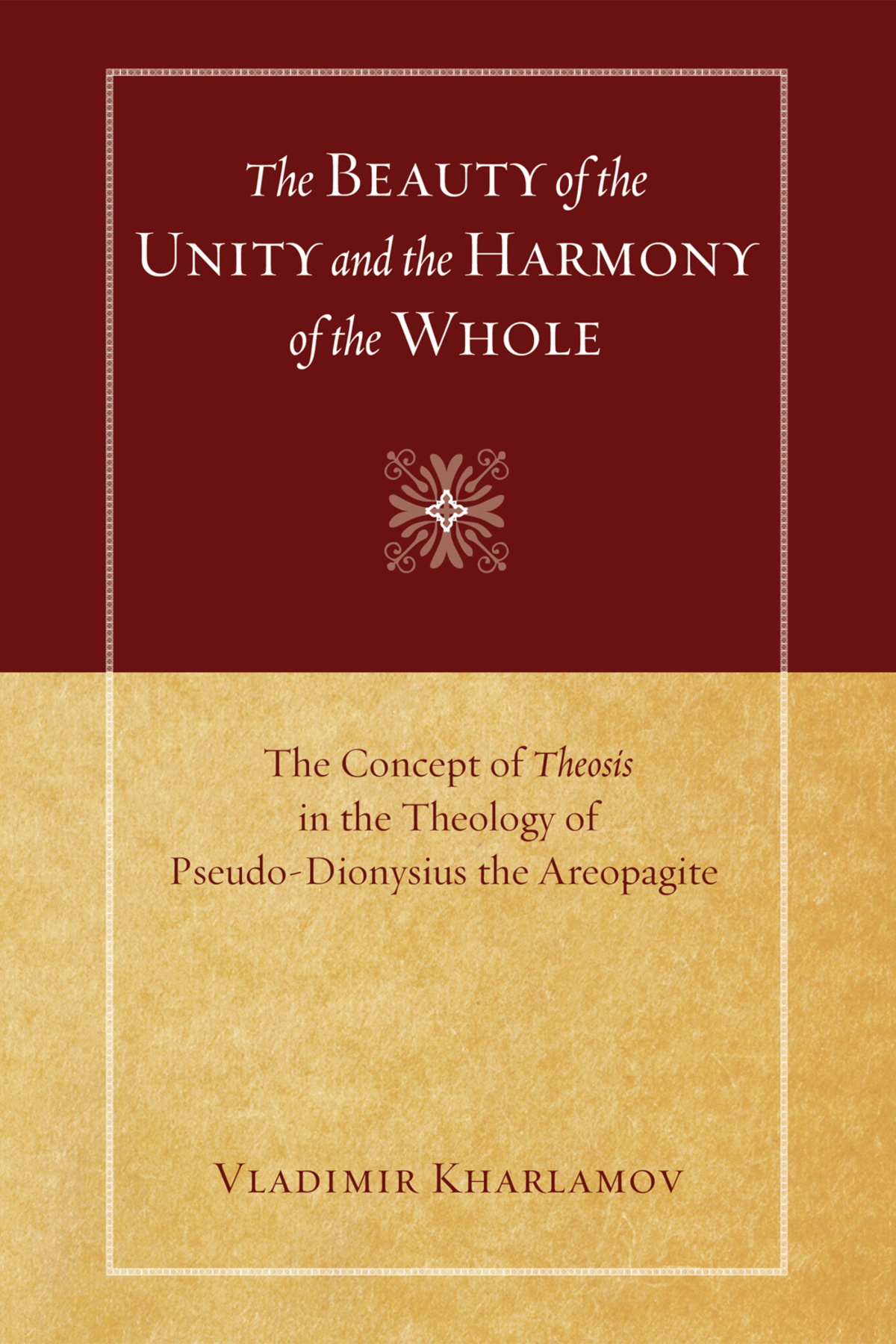

Most ebook files are in PDF format, so you can easily read them using various software such as Foxit Reader or directly on the Google Chrome browser.
Some ebook files are released by publishers in other formats such as .awz, .mobi, .epub, .fb2, etc. You may need to install specific software to read these formats on mobile/PC, such as Calibre.
Please read the tutorial at this link: https://ebookbell.com/faq
We offer FREE conversion to the popular formats you request; however, this may take some time. Therefore, right after payment, please email us, and we will try to provide the service as quickly as possible.
For some exceptional file formats or broken links (if any), please refrain from opening any disputes. Instead, email us first, and we will try to assist within a maximum of 6 hours.
EbookBell Team

0.0
0 reviewsThis book traces the emergence and development of the deification theme in Greek patristic theology and its subsequent transformation into the theology of theosis in Pseudo-Dionysius the Areopagite. This volume dwells on the deification theme as it is situated in the complex context of its historical development and thus avoids the common tendency to treat this notion of Christian theology in an anachronistic manner. Significant attention is given to the influence of Neoplatonism on Pseudo-Dionysius. His theology is justified neither as essentially orthodox Christian nor as essentially orthodox Neoplatonic. Dionysius's sophisticated synthesis of Christian and Neoplatonic elements, especially in his exposition of theosis, does justice to this anonymous author's originality and demonstrates the importance of his influence both on the further development of Christian theology, and on the advancement of the Neoplatonic tradition. The intricate cultural background of the Pseudo-Dionysian world helps clarify the formation process of Christian imperial identity, and throws additional light on why these works were attributed to Dionysius the Areopagite, not as a conscious forgery, but as a literary device. Such attribution was a common practice of the time. Comprehensive analysis of the development of the deification theme opens possibilities for further study of Trinitarian and christological formations, of philosophical and individual moral theology, of Christian and Neoplatonic mysticism, and of cultural studies. By surveying the historical development of deification and by opening further areas of research, this book serves a valuable introductory source for both professionals and students. While primarily focusing on academic interests, the book is written keeping the general reading audience in mind as well. All quotations of the original texts are provided with existing or new English translations, while important Greek terminology is acknowledged. Readers interested in Christian spirituality, late antiquity, early Christian theology, and Neoplatonism will find this book useful.